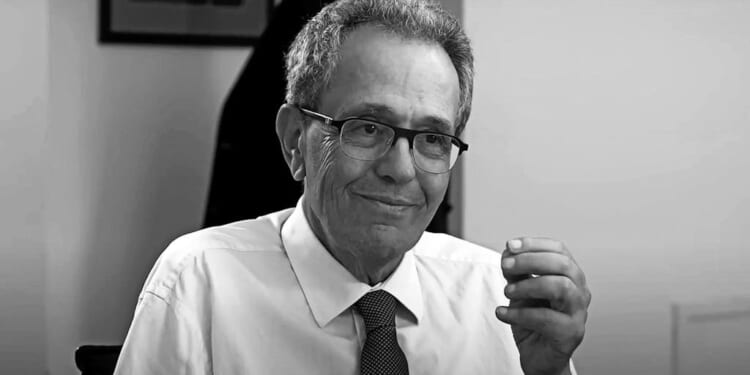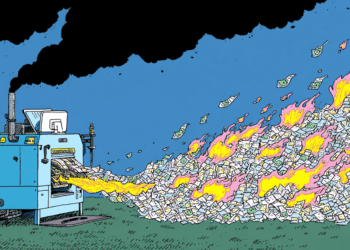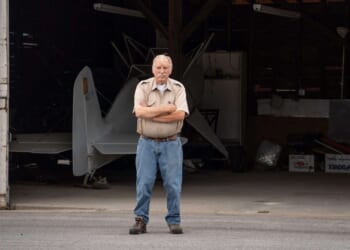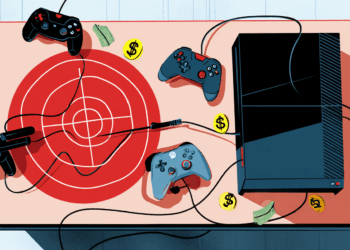This article is taken from the October 2025 issue of The Critic. To get the full magazine why not subscribe? Get five issues for just £25.
March 21, 2006, is the day that marks the beginning of the end of “the news”, journalist Jonathan Miller claims. That’s when Jack Dorsey posted the first ever tweet: “just setting up my twttr”. From that moment, argues Miller, “journalists were no longer competing just against each other, but against everyone”.
And they seem to be losing. The Sun sold 3.6 million copies in 1990 but sells less than a third of that now. The Daily Mail has gone from 2.3 million to little more than 600,000. In the United States, the Chicago Tribune, Los Angeles Times and Washington Post have all lost more than half their circulation.
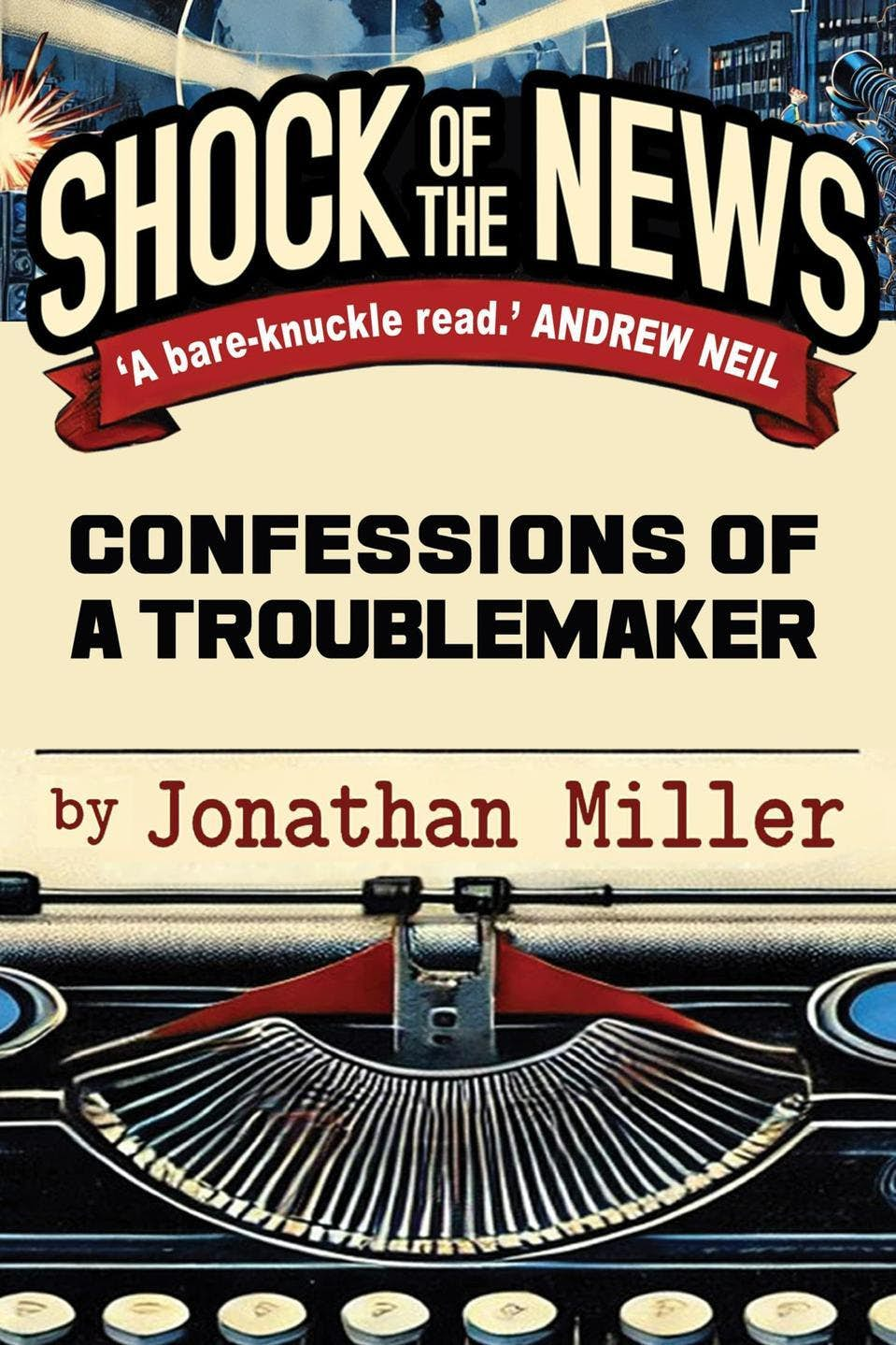
At the outset, Miller proclaims his book is “a biography of the news”. But it’s actually a somewhat scattergun memoir of his career with “the inexorable decline of newspapers” as the gloomy backdrop.
Educated, after a fashion, at Bedales, the trendy Hampshire boarding school, Miller moved with his family to Ann Arbor in Michigan in 1969 at the age of 17 and loved it. Amidst an abundance of “dope, sex and rock and roll” he cut his journalistic teeth on the University of Michigan’s well-respected student newspaper before getting a summer internship at the Detroit Free Press.
Detroit was a crime-ridden city that provided the Free Press’s hungry hacks with a plethora of meaty stories. The news editor was a hard-nosed journalist of the old school. “When I once suggested stupidly to him that it was worth trying anything once, a phrase I’d taken for granted as true, he replied, ‘Did you ever fuck a pig?’”
Another editor taught him: “Never trust the cops. Or anyone. Investigate everything yourself, as if it all depends on you.” Miller was entranced.
However, the Free Press wasn’t hiring and after a few other writing gigs in the States, Miller returned to London in 1986 and landed a job on The Times as media correspondent. He self-deprecatingly attributes this to the editor being desperate for staff after many journalists chose to walk out rather than cross the picket lines in response to the print unions’ dispute with proprietor Rupert Murdoch.
Miller soon moved over to Sky, Murdoch’s new TV venture. He took an office that had recently been vacated by Murdoch and found in the waste paper basket a two-page memo he had written to the editor of one of his Australian papers, lambasting him about shoddy headlines and layouts. Miller was impressed that the boss had still found time to issue a bollocking despite being in the midst of launching of Britain’s first satellite television service.
By 1991, Sky, having absorbed rival BSB, was firmly established and Miller returned to newspapers. He moved from Hampstead to a farmhouse in Surrey and, like every other intrepid journalist who has ever moved from the city to the countryside, wrote a column about it. He bought a house in the Languedoc. Naturally, he wrote a book about living in France, too.
Latterly, he covered French politics for the Spectator. He liked to think of himself as a disruptor and troublemaker, although whether filing faultless copy from one’s elegant maison de maître in a picturesque French village entirely embodies the spirit of ’68 is open to debate.
An incomplete list of the things he held in disdain includes Greta Thunberg, English rural life, rainbow flag covers for GPS dog trackers (watch his discussion of this issue with Piers Morgan which went viral on the social media) and the BBC — “a sinister organisation, self-regarding, dissembling in its own defence, terrible value for money, peddling its own hidden agendas, with zero direct accountability to its captive customers”.
The list of things he liked would be much shorter but is more surprising, including Diane Abbott (“funny and clever”) and foreign languages. “If I was the God of journalism, I would demand that mastery of a foreign language be obligatory. It’s essential because it unlocks an entirely new dimension in the brain.”
I can’t vouch for Miller’s proficiency in French, but I can report he was pretty good at English. Although his memoir, threaded with his thoughts about the plight of newspapers, is all over the place, it’s entertaining and stylishly written.
I particularly enjoyed his account of working in Detroit when “Journalists still wore hats, compositors made pages out of lead, pots of glue were on the night city desk”. Sadly, his book is an epitaph not just for an industry but for Miller himself. He died suddenly before its publication in August.

